Can Cats Eat Peanuts? Understand the Risks vs Benefits

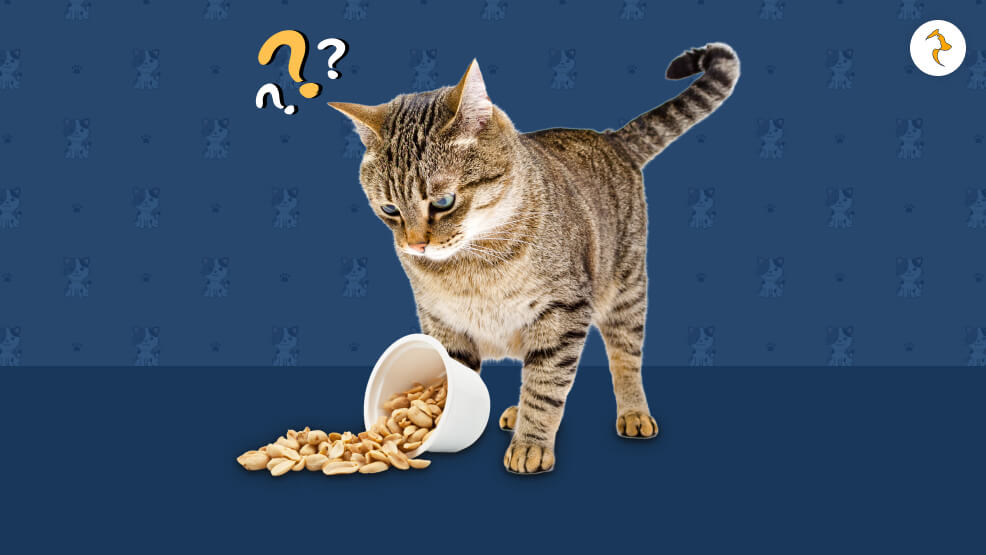
Peanuts are a delicious snack for humans, no matter how you consume them. You can sprinkle it over your salad or have it right out of the shell. But do you have a habit of sharing snacks with your cat?
If yes, it’s time to think it through. Can cats eat peanuts? Is it healthy for them? They are obligatory carnivores and should be given only meat. But they might be curious about what is on your plate and often want a taste of it. But should you give them? Let’s find out.
Can Cats Eat Peanuts?
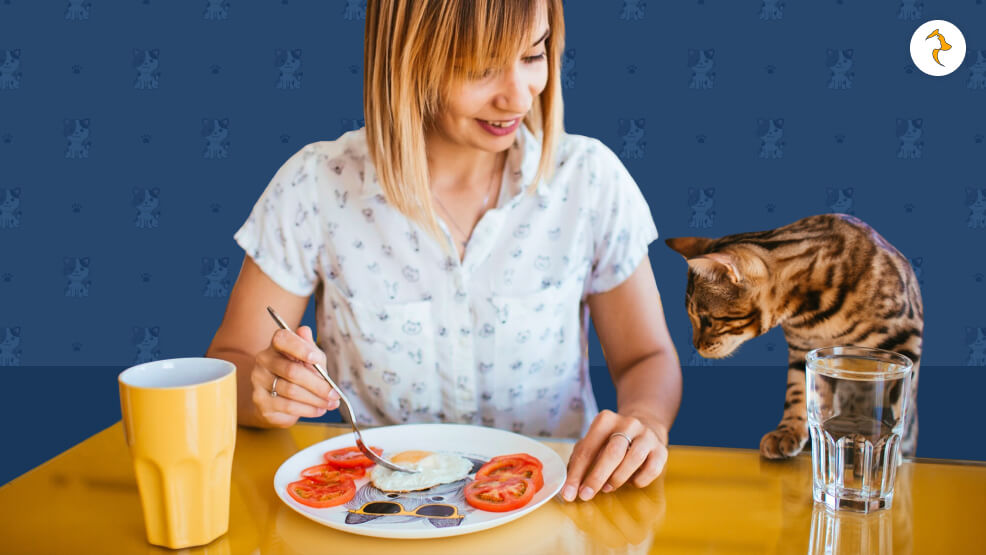
Yes, cats can have peanuts, but in very small quantities. However, it is not toxic when consumed in small amounts. But it is something they don’t need in their diet. And the negative effects become prominent in the long run.
Overconsumption of peanuts can cause obesity, heart conditions, and diabetes. There are other nuts that can cause harm the moment they are consumed. Always stay clear of macadamia nuts, as those are highly poisonous for cats.
To keep them from any nut-related hazard, it is best to avoid all kinds of nuts in their diet. Keep their diet restricted to animal protein, and you can give them lean meat as a snack.
Nutritional Value of Peanuts
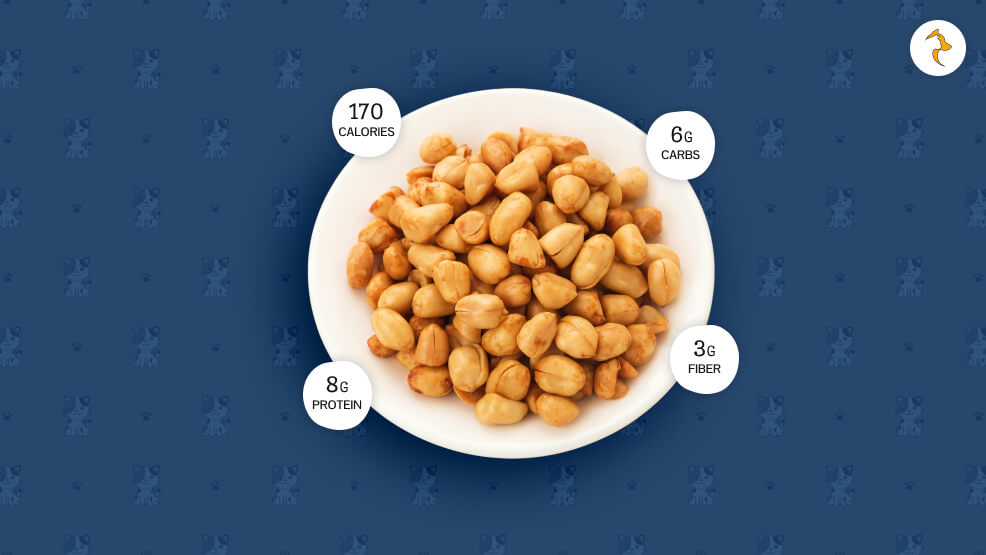
People worldwide are crunching on peanuts as snacks because of their rich flavor profile- very savory and crunchy texture.
The legume class includes peanuts, but they are known as nuts because their textural elements are similar, and most people use them similarly.
From a nutrition point of view, peanuts are energy-dense since they contain many essential nutrients. A serving size of about 28 grams, or 1 ounce, has the following counts:
| Calories | Around 160-170 kcal |
| Protein | 7-8 grams |
| Fat | 14g, of which 2-3 g saturated |
| Carbohydrates | 4-6 g |
| Fiber | 2-3 g |
| Vitamins and Minerals | Peanuts are rich in vitamins like vitamin E, B vitamins especially niacin and folate, and minerals like magnesium, phosphorus, and potassium. |
Although these nutrients make peanuts a healthy snack for humans, it does not mean they will automatically make them a healthy and safe treat for your cat.
Cats have different needs and want more animal protein and fat than plant-based foods such as peanuts. Let’s discuss whether peanuts are safe for cats to consume or not.
⁕⁕ The short version: Cats tolerate peanuts in small amounts. Peanuts are far from the healthiest option, of course. So, peanuts don’t poison a cat, and they do lack the nutrients the feline’s body needs. So, what’s the take on whether it’s okay for your feline let’s consider why or why not.⁕⁕
1. Digestive Systems Differ
Cats’ digestive systems have evolved to digest proteins from animal-based food products. On the other hand, the latter’s diet is much more varied and consists of a large number of plant-based materials.
As cats cannot produce the necessary enzymes to break down plant proteins and carbohydrates. Nuts such as peanuts are thus hard to digest, especially in large quantities.
2. Nutritional Requirements
Peanuts are extremely saturated in fats. But then, fat is part of the nutritional needs of a cat. Still, the fat with peanuts cannot be given to cats because these oils are plant-based.
Cats need specific omega-3 and omega-6 fatty acids, which only come from animal-based sources like fish.
The fat content in peanuts is also relatively high, and frequent feeding of peanuts may cause cat obesity, leading to other health problems such as heart disease and diabetes.
3. Protein
It is a protein in moderate quantity but of the wrong sort for a cat. A cat needs animal-based proteins to meet its amino acid requirements, while peanuts contain plant-based proteins, which lack a lot of essential amino acids that a cat needs.
A peanut might be a source of protein but cannot replace the nutritional value of a cat as fulfilling as that of meat or fish.
4. Allergies to Peanuts
Some cats may develop allergies to peanuts. Among the signs that cats have are vomiting, diarrhea, itching, swelling, and respiratory distress due to allergic reactions in cats.
If you still want to feed your cat peanuts, just monitor for those signs of allergic reactions and instantly stop feeding if such difficulties manifest.
Risk Factors Associated with Feeding Cats Peanuts
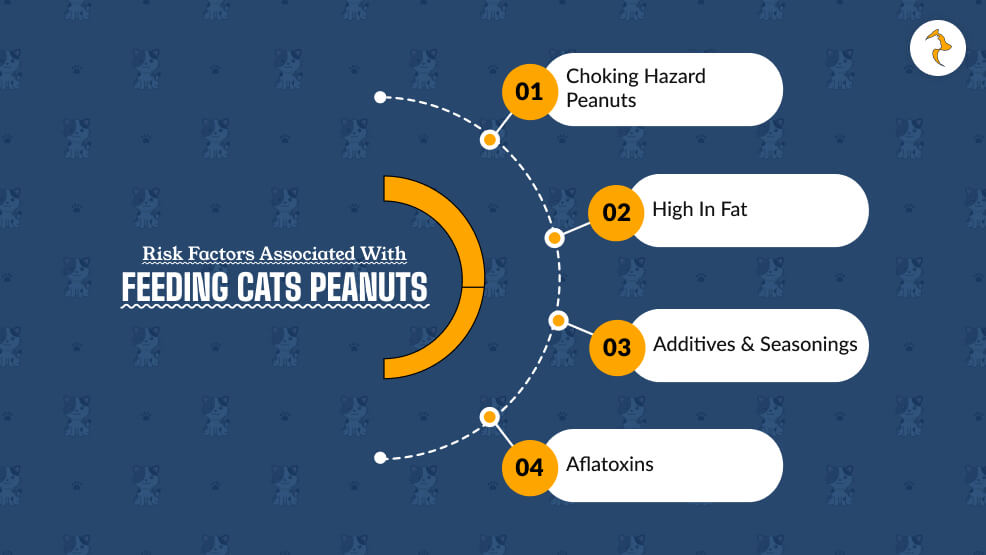
Although peanuts do not poison a cat, feeding these treats to your feline pal may pose several risks. What happens if a cat eats peanuts? What are the risks associated?
1. Choking Hazard Peanuts
Especially in the whole unshelled form, it can pose some risk of choking your cat. Cat throats are smaller than humans; a whole peanut or large section may wedge.
If you are feeding them, you have to break peanuts down into minute pieces, and it will be best just to crush them or render them to powdered form and cut out any choking hazard from them.
2. High in Fat
According to the statement above, a lot of fat is present in peanuts. Over-eating of fat by a cat leads to obesity, which is an extreme health-related problem.
Obesity will result in joint problems, diabetes, and heart disease in a cat. Besides, peanuts also have a lot of fat in them, so if big portions are consumed, then there would be a disorder in a cat’s digestive system accompanied by diarrhea or vomiting.
3. Additives and Seasonings
The other threat that comes from flavored or salty peanuts is that most peanut bags contain salt, spices, and other chemical preservatives that are highly toxic to cats.
For instance, sodium ion poisoning from too much salt consumed will present through vomiting, diarrhea, tremors, and even convulsions in a feline.
Since flavors, including honey-coated, sugar-dipped, and artificially flavored-hold the hazard due to sugars, sweeteners, and chemicals they contain, any of these presents a risk factor.
4. Aflatoxins
Aflatoxins are poisonous compounds synthesized by some species of mold. Some mold species require the conditions to grow prolifically on peanuts.
Though a case of poisoning due to aflatoxin is generally not reported, aflatoxin damages the liver.
Thus, with improper storage and processing of peanuts for a cat, there always remains a chance at all points of time. Hence, only fresh, well-stored peanuts free of mold should be fed.
Safe Feeding of Peanuts to Cats
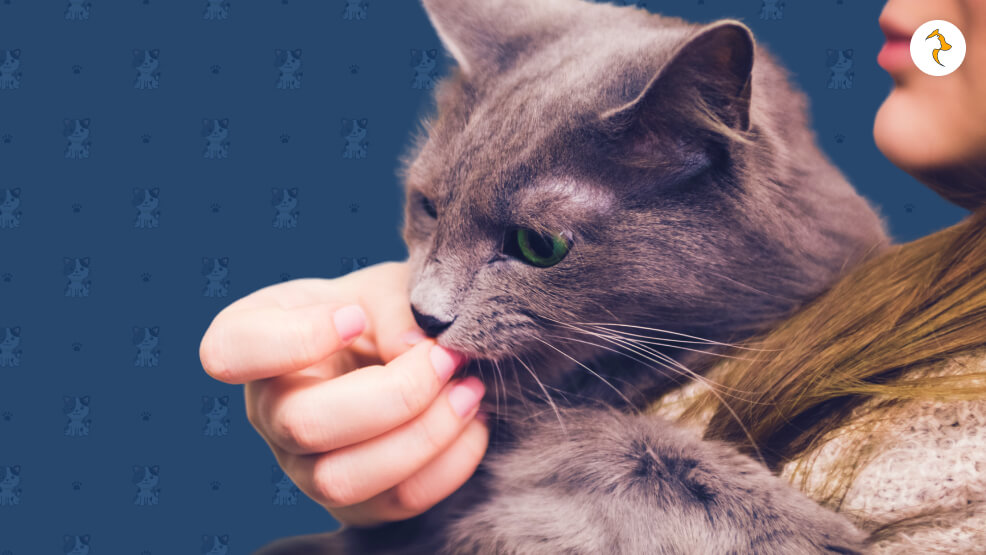
Why do you think you need to be aware of the safety requirements of feeding a cat? If you still want to feed your cat peanuts, you must feed it safely. Here are some guidelines that must be followed:
1. Feed only small quantities
Only feed peanuts occasionally as a snack. Do not add peanuts to your cat’s diet chart. A little will do, sometimes a few pieces of peanut as an infrequent treat, and monitor the cat.
In case of any symptoms of gastrointestinal distress or allergy following ingestion of the same, refrain from feeding peanuts to the cat.
2. Chopping or Grinding Peanuts
Peanuts must always be crushed or cut into small forms. Raw peanuts should never be given to your cat because that would force your cat to choke those peanuts down the throat or even block digestion.
3. Do Not Use Salted and Flavor Peanuts
Raw, unsalted peanuts should be used at all times. Salty or seasoned peanuts are just too toxic to the cat, whose body is filled with too much salt, and their kidneys go bad very rapidly as they succumb to extreme dehydration.
Honey-roasted or sugar-coated peanuts will not work; even the added sugars are potentially toxic; artificial sweeteners are more toxic.
4. Health Care for Your Cat
Check on your cat’s digestive condition after giving your cat the peanuts; maybe they will portray symptoms of sickness or reactions toward allergies.
However, in case the cat vomits or experiences diarrhea, among other symptoms, showing your cat’s sickly situation, then take it straight to the vet immediately to check him or her up for prescriptions.
Alternatives of Peanut
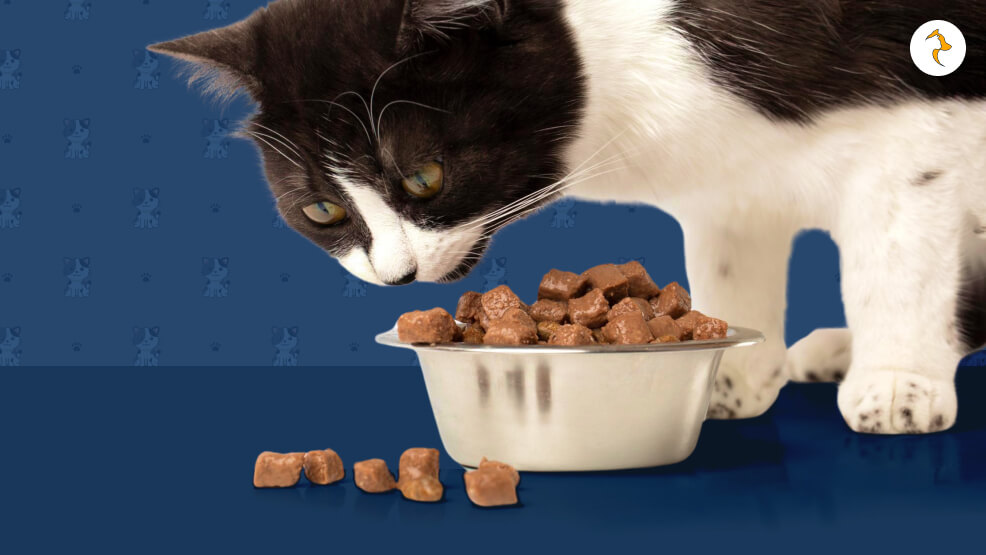
So many healthy alternatives to peanuts will surely fill a cat’s tummy. Among them are more peanut alternatives, such as the list below, which will feed your cat with the necessary nourishment.
- Cooked Meat: The chopped bits of cooked chicken, turkeys, or beef will feast your cat upon proteins and more nutrients your kitty cat crazily needs.
- Cat Treats: There is only so much in the stores to give a cat as treats. These can be healthy and safe for your cat.
- Canned Tuna or Salmon: Cats tend to enjoy fish. A small amount of tuna or salmon (in water, not oil) could be an excellent treat.
- Catnip: It is not a food but a fun, stimulating thing for most cats.
Be Careful How You Give It
Peanuts are not toxic but far from a perfectly healthy snack to feed your cat. Peanuts are not nutritionally beneficial for cats, are very high in fat, pose a risk of choking, and may cause allergic reactions or gastrointestinal upset.
If you still want to feed your cat peanuts, feed them in moderation, plain, unsalted, and chopped into small pieces. Are peanuts poisonous to animals? Well, no. But they can cause health risks and can cause issues with their digestive system.
Monitor your cat’s response to new foods and discuss any adverse reactions with your veterinarian. Provide an alternative that is safer and healthier for your cat’s diet and, as a treat, gives a healthy balance.
FAQs
Can cats eat peanuts? Here are some of the frequently asked questions on the topic.
Boiled peanuts must be processed with care since they are non-toxic, though boiling will lower the possibilities of presidencies of aflatoxins.
The high-fat content makes boiled peanuts very unfit for daily consumption. Feed it in small portions and monitor the pets for responses.
No, never feed your cat salted peanuts. The salt in the peanut kills cats, leading to dehydration and other major health issues, such as destroying the kidneys. One should never give a cat salted, seasoned, or flavored peanuts.
Honey-roasted peanuts absolutely cannot be used under any circumstances. They contain honey and add sugar. Unhealthy flavors may also come in.
None of these things digest well with the cat as they will, if fed at all, result in digestive upset and obesity.
Cats should not eat peanut butter as it does not have any nutritional value for them. It contains ingredients like salt, sugar, and xylitol that can cause obesity, choking, and allergic reactions.
No, cats should not be given roasted peanuts as they contain high salt, sugar, and calories that have no nutritional benefits for them, which can cause them obesity, weight gain, and sodium poisoning as well.
Macadamia nuts are highly toxic to cats. These can cause gastrointestinal issues along with lethargy and tremors. It is best to avoid it completely.






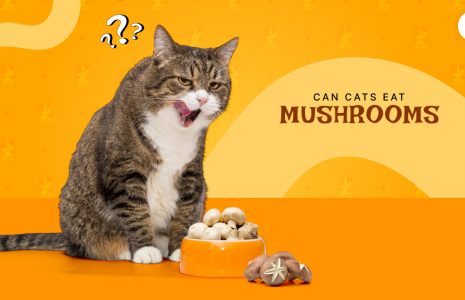
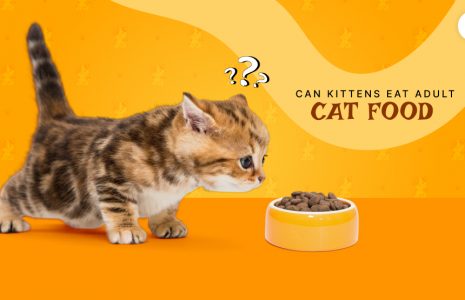
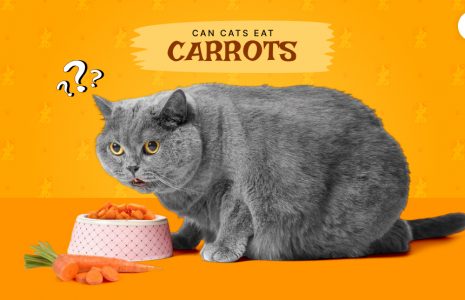
Leave A Comment